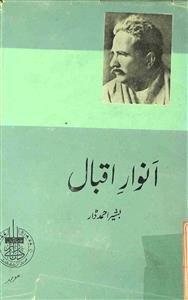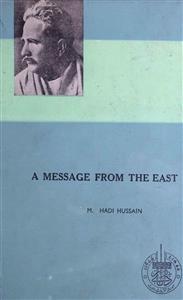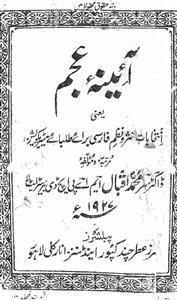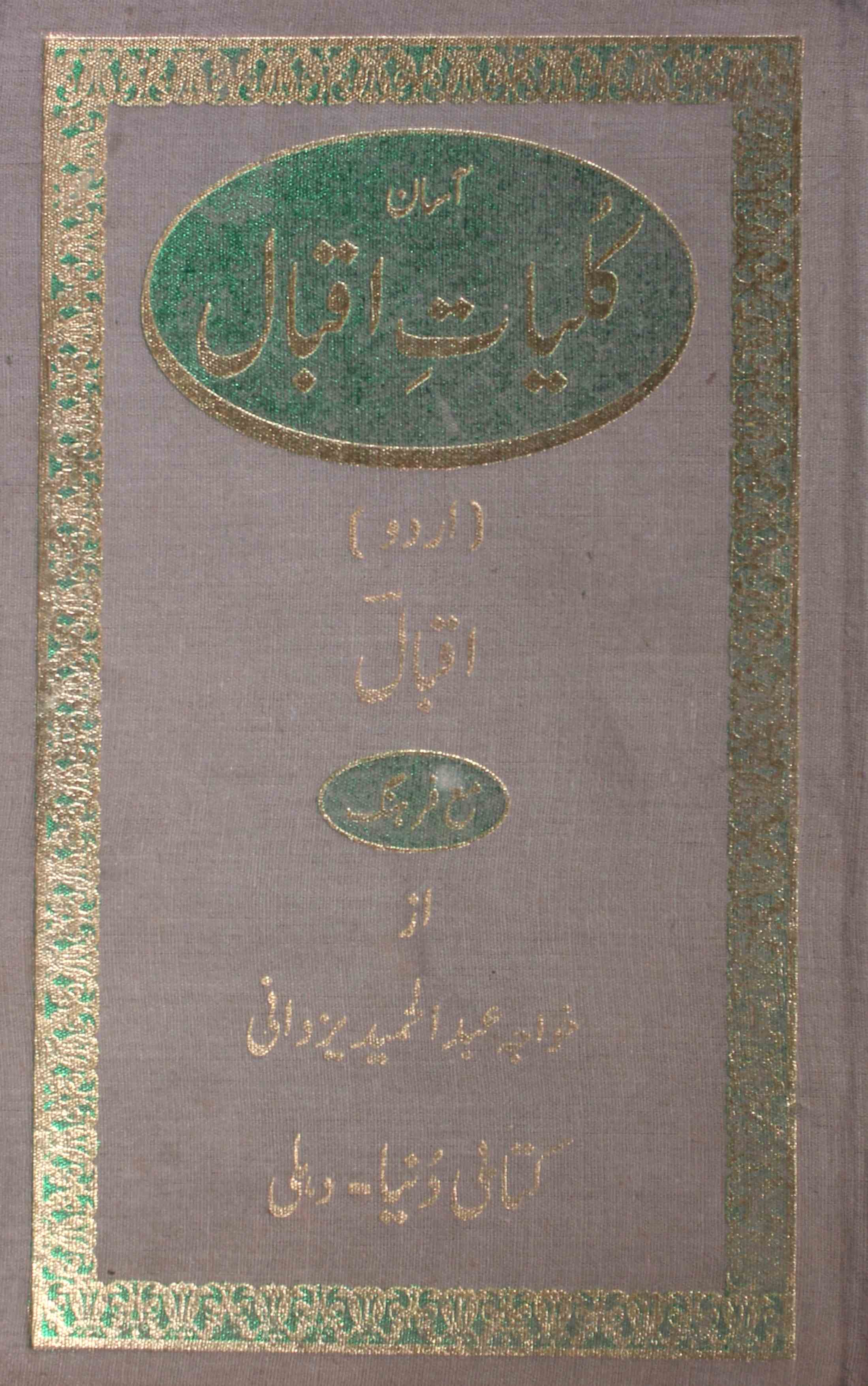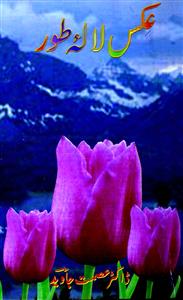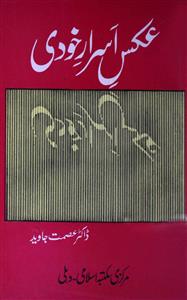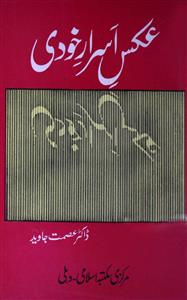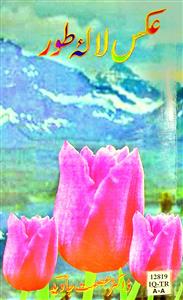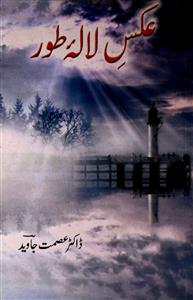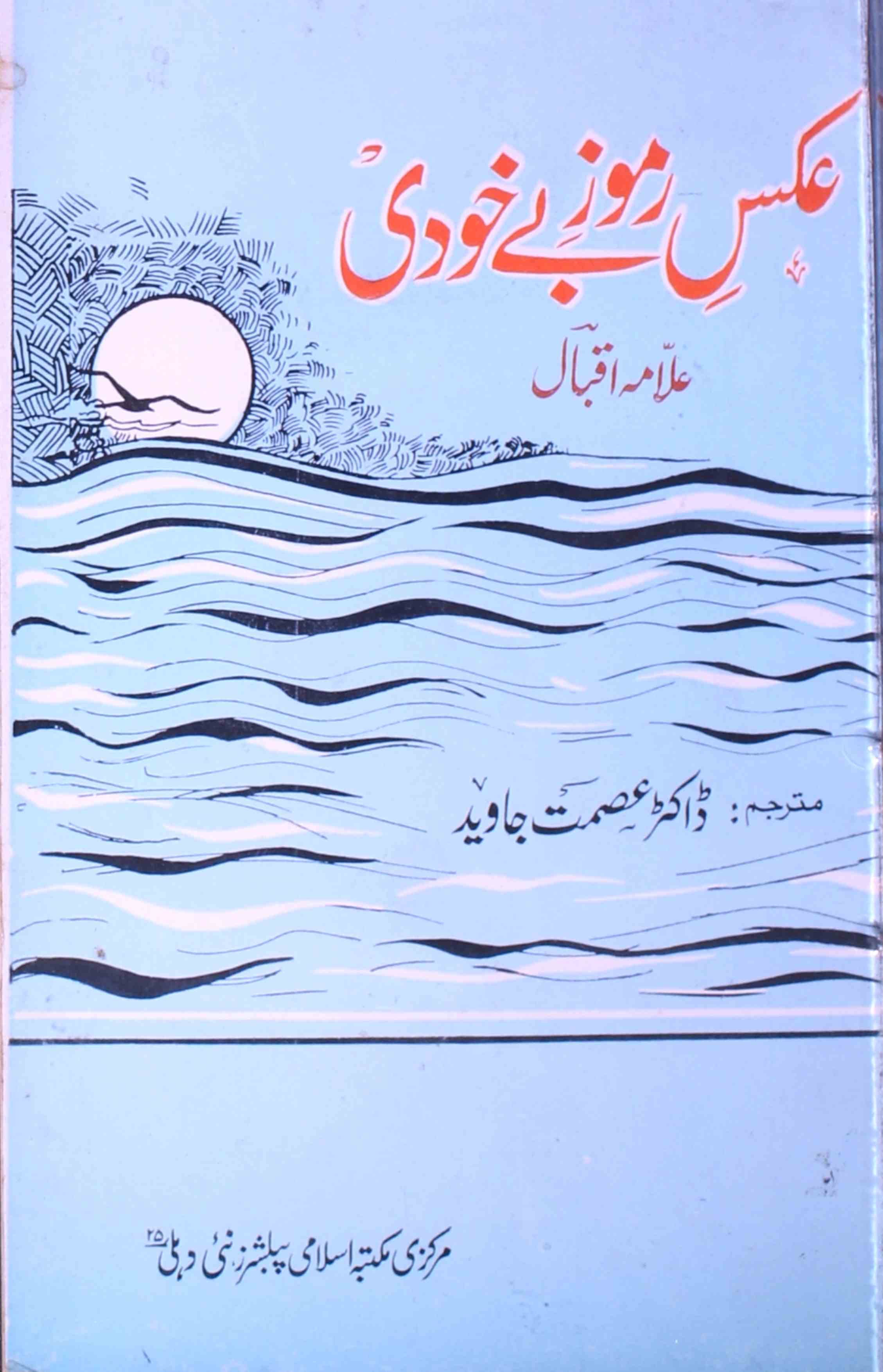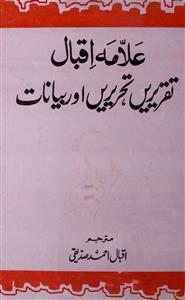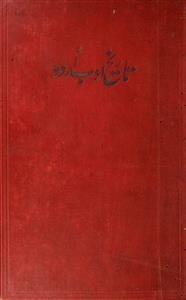 For any query/comment related to this ebook, please contact us at haidar.ali@rekhta.org
For any query/comment related to this ebook, please contact us at haidar.ali@rekhta.org
About The Book
"انوار اقبال" علامہ اقبال کے مضامین، بیانات، دیباچے، تقاریظ، آرا، خطوط، بیانات اور دیگر تحریروں کا مجموعہ ہے، اس کے علاوہ اس کتاب میں چند نادر دستاویزات کے عکس بھی شامل ہیں۔ زیر نظر کتاب کو چھ حصوں میں تقسیم کیا گیا ہے۔ پہلا حصہ مضامین پر مشتمل ہے، جس میں اقبال کے علمی اور مذہبی مضامین کو شامل کیا گیا ہے۔ دوسرا حصہ بیانات پر مشتمل ہے جس میں اقبال کی تقریرات اور اور بیانات کو شامل کیا گیا ہے۔ تیسرا حصہ دیباچہ، تقاریظ اور آرا پر مشتمل ہے۔ اس حصے میں علامہ کی دیباچے، تقریظ اور آرا کو شامل کیا گیا ہے۔ چوتھا حصہ خطوط پر مشتمل ہے، جس میں علامہ اقبال کے 191 خطوط شامل ہیں۔ پانچواں حصہ علامہ اقبال کے ابتدائی حالات پر مشتمل ہے، اس حصے میں علامہ کا وہ ابتدائی کلام شامل کیا گیا ہے جو علامہ کے دیگر مجموعوں میں شائع نہیں ہوا تھا۔ اور چھٹا حصہ متفرقات پر مشتمل ہے، اس حصے میں علامہ کی وہ تحریریں شامل کی گئی ہیں جو مضمون، تقریظ، دیباچے اور خط کے ذیل میں نہیں آتیں۔
About The Author
Mohammad Iqbal (1877-1938), a descendant of a Kashmiri Brahmin family that had embraced Islam in the seventeenth century, was born and settled in Sialkot. After a traditional education in Arabic, Persian, and Urdu, he was exposed to a liberal education that defined the contours of his thought and his poetry during the entire period of his life. Beginning his educational career at the Scottish Mission School, he went on to acquire his M. A. in Philosophy, before joining Trinity College, and later earning the degree of Bar-at-Law. He furthered his education by getting the degree of doctorate from Germany on The Development of Metaphysics in Persia. He worked in different capacities at different points of time; he taught philosophy, practised law, got involved in politics, and also attended the second Round Table Conference. Even while he favoured the idea of the creation of Pakistan and is venerated there as the national poet, he wrote the famous patriotic song that celebrates the greatness of India. King George V decorated him with knighthood and he was called Sir Mohammad Iqbal thereafter.
Iqbal wrote both in Persian and Urdu, and is often regarded as the poet-philosopher of the East who addressed the Muslim ummah, believed in the philosophy of wahdatul wujood, and propounded the philosohy of khudi, or selfhood, which called for self-realisation and the discovery of the hidden talent with love and perseverance. Beyond that lay the stages of complete submission and forgetfulness which, he thought, was the ultimate stage of khudi. Iqbal dreamt of the ‘complete man’ and also entered into a metaphoric dialogue with the divine. His poetry emerged as a remarkable site where message and art coalesced, as he re-configured major poetic devices like metaphor, myth, and symbol to re-visit history, philosophy and the Islamic faith to develop his individual vision. He has left behind his collections of poems, Asraar-e Khudi, Rumooz-e Bekhudi, Baang-e Daraa, Baal-e Jibreel, Payaam-e Mashriq, Zaboor-e ‘Ajm, Javed Naama, Zarb-e Kaleem, and Armaghaan-e Hijaz, apart from his lectures collected in English as The Reconstruction of Religious Thought in Islam, and other works on the Eastern worldview.
 For any query/comment related to this ebook, please contact us at haidar.ali@rekhta.org
For any query/comment related to this ebook, please contact us at haidar.ali@rekhta.org
